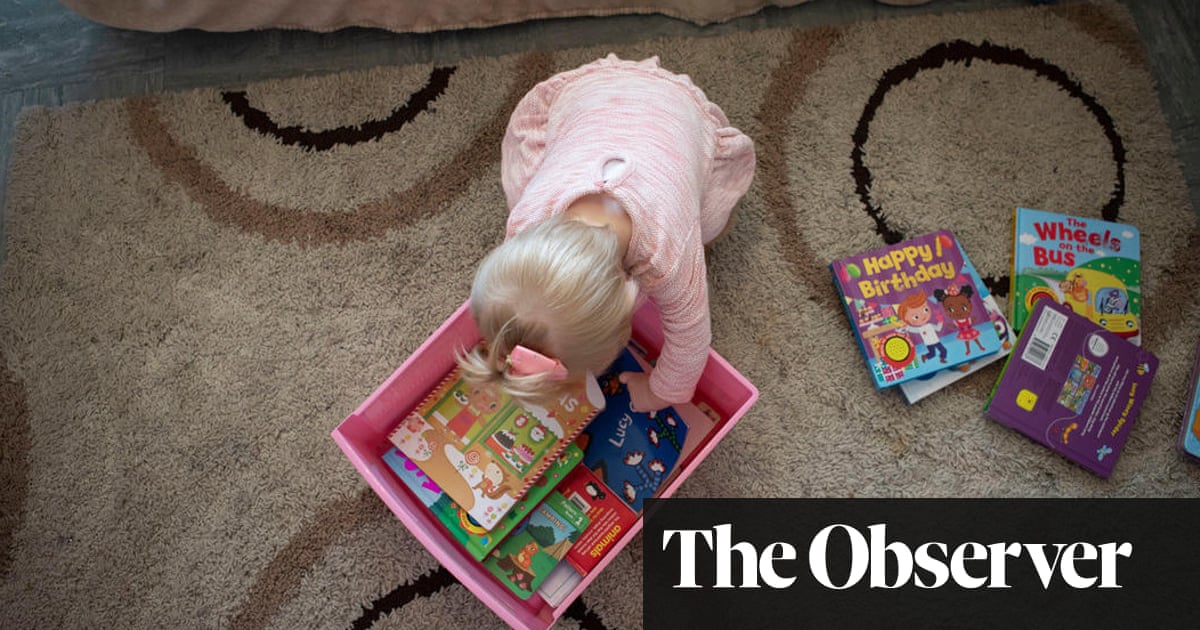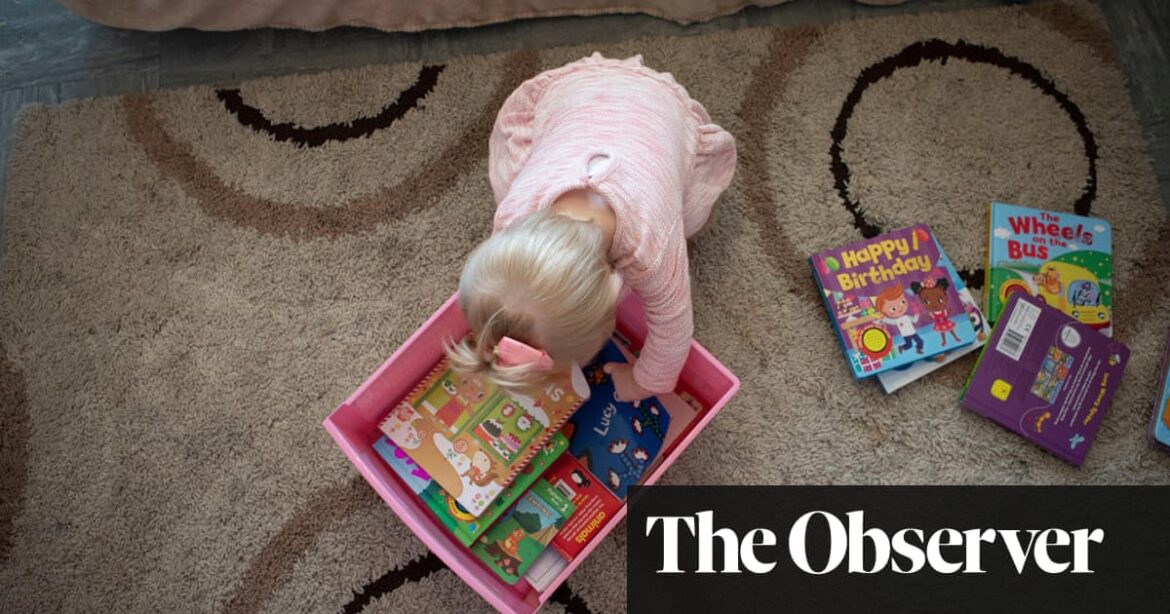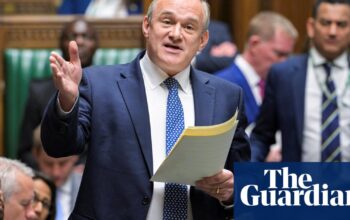
Families in poverty are having to sleep on the floor because they cannot afford beds, according to a children’s charity.
The charity’s research also found that most of the families it surveyed struggled to find the money to heat and power their homes, and that the cost of living crisis had strained parents’ relationships with their children.
Buttle UK, which supports children and young people in crisis, surveyed 1,567 of the families it supports.
Most of them said they had skipped a meal, while half said they did not have beds for everyone in their household to sleep in. “Many parents alluded to giving their bed to their child or sharing it with them at night, while others simply told us that they were all sleeping on the floor because they had no other option,” the report said.
One respondent wrote: “My kids are sleeping on floor; I have 2 teenagers, one who is just in remission from leukaemia and still unwell, my other boy has bad feet and back pain so it’s hard to walk.”
The report said: “Parents and carers described high levels of sacrifice and self-denial to ensure that their children still ate. They themselves often went completely without, reporting the dire effects on their health and wellbeing.”
One parent said: “I struggle to clothe and feed my son. I’m diabetic and often don’t eat more than one bowl of cereal a day, just to make sure my son has the food he needs.”
Many families reported that black mould was endemic in the home, and was impossible to shift because of cold and damp conditions. “This mould was described as permeating their furnishings and clothing, leaving their children with coughs and poor health,” the report said. “Families cannot afford to replace these damaged goods, and some cannot afford to clean them, either.”
Joseph Howes, the chief executive of Buttle UK, said: “The findings from this report are tough reading. What it shows us is that the cost of living crisis is by no means over – and we need urgent intervention from the government to stop things from getting even worse.
” The charity is calling on the government to lift the two-child benefit cap and significantly increase universal credit payments, as well as introduce a health strategy for young people in poverty and overhaul NHS children’s mental health services.
Maria, whose name has been changed, saw her family plunged into crisis when her daughter was sexually abused. A single mother, she found herself having to look after a newborn, her traumatised daughter, and her invalid mother. The family’s needs were so great – and childcare so expensive – that she was forced to quit her job working in a school. Had she returned to work, her childcare costs would have exceeded her salary.
after newsletter promotion
Maria said benefits were now lower than when she had her older children. “I didn’t understand that it would have changed so dramatically because I was able to, as a single mum, work and [have] my children go to school. I just wanted that work ethic previously – I wanted my children to see Mummy go to work.”
She has cut spending on Christmas and birthdays, on extracurricular activities for her children, on clothing for herself, and by switching to charity shops and buying discounted food that is nearly out of date. Despite this, she has old credit card debt she is struggling to repay and is constantly overdrawn, with bills having risen sharply.
Meanwhile, her teenage daughter suffered through delays in provision of NHS mental health services. She stopped attending school and has been diagnosed with depression and post-traumatic stress disorder. Maria herself is now on antidepressants. “I will not show my children what’s going on deep down inside me. So I just top it up with some happy pills and march on.”
A government spokesperson said: “No child should be in poverty – that’s why our new cross-government taskforce is kickstarting work to develop an ambitious strategy to reduce child poverty and give children the best start in life. Alongside immediate action to protect vulnerable families through extending the household support fund, we will be reviewing universal credit, providing specialist mental health support in every school and rolling out free breakfast clubs in primary schools as we deliver our plan to tackle inequality and make work pay.”
Source: theguardian.com



